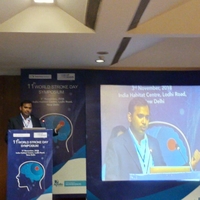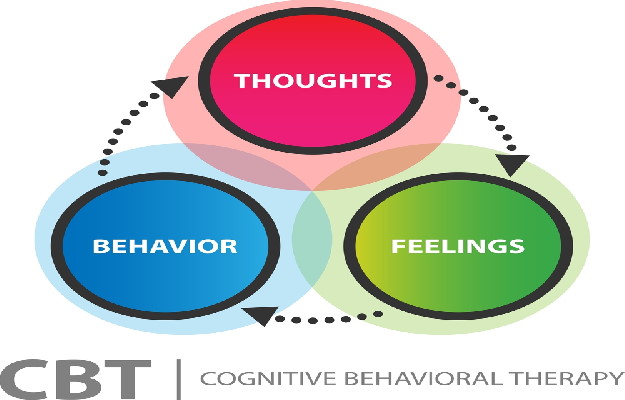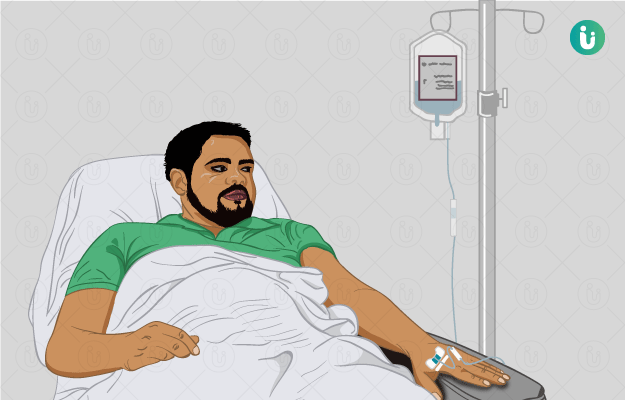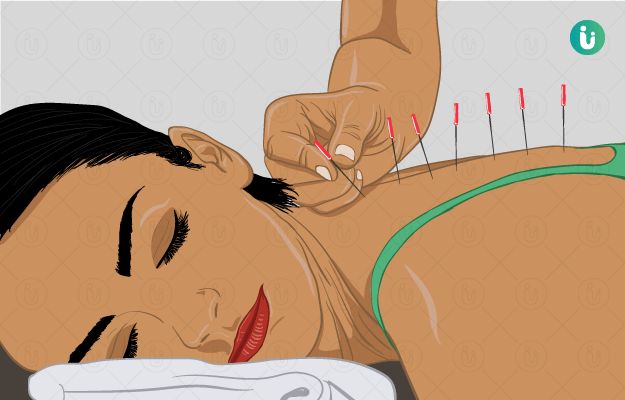Immunotherapy is the modality of treatment in which the immune system of the patient’s body is either activated (activation immunotherapy) or suppressed (suppression immunotherapy) to control the disease. Active immunotherapy is synonymous with cancer immunotherapy, which is in itself the largest clinical application of immunotherapy. Cancer immunotherapy can be used either in addition to or after the failure of other modalities of cancer treatment (surgery, chemotherapy, etc.). Several cancer immunotherapy methods and agents like immune checkpoint inhibitors, monoclonal antibodies, adoptive T-cell transfer, cancer vaccines, immunomodulators and oncolytic virus therapy are now available. While novel in approach and clinically proven, many side effects are also associated with activation immunotherapy.
99% Savings - Buy Just @1 Rs
X

- हिं - हिंदी
- En - English
- Treatment
-
- Skin Issues
- Acne
- Fungal Infection
-
- Hair Problems
- Hair Growth
- Hair Dandruff
- Self-Analysis
-
- Chronic Diseases
- Diabetes
- Heart Care
- Weight Loss
- Sleep Support
- Liver Care
- Stress & Anxiety
- Our Brands
- Doctor Consultation
- Medicine A-Z
-
Health A-Z
-
- Treatments
- Home Remedies
- Herbs
- Surgery
- Lab Test
- Therapy
- First Aid
- Ayurveda
- Homeopathy
-
- Yoga And Fitness
- Fitness
- Yoga
- Weight Loss
- Weight Gain
-
- Other Topics
- Baby Names
- Beauty
- Healthy Foods
- Tips
- Health News
- Pet Health
- Men Health
- Medical Cannabis
- Login / Sign Up













































